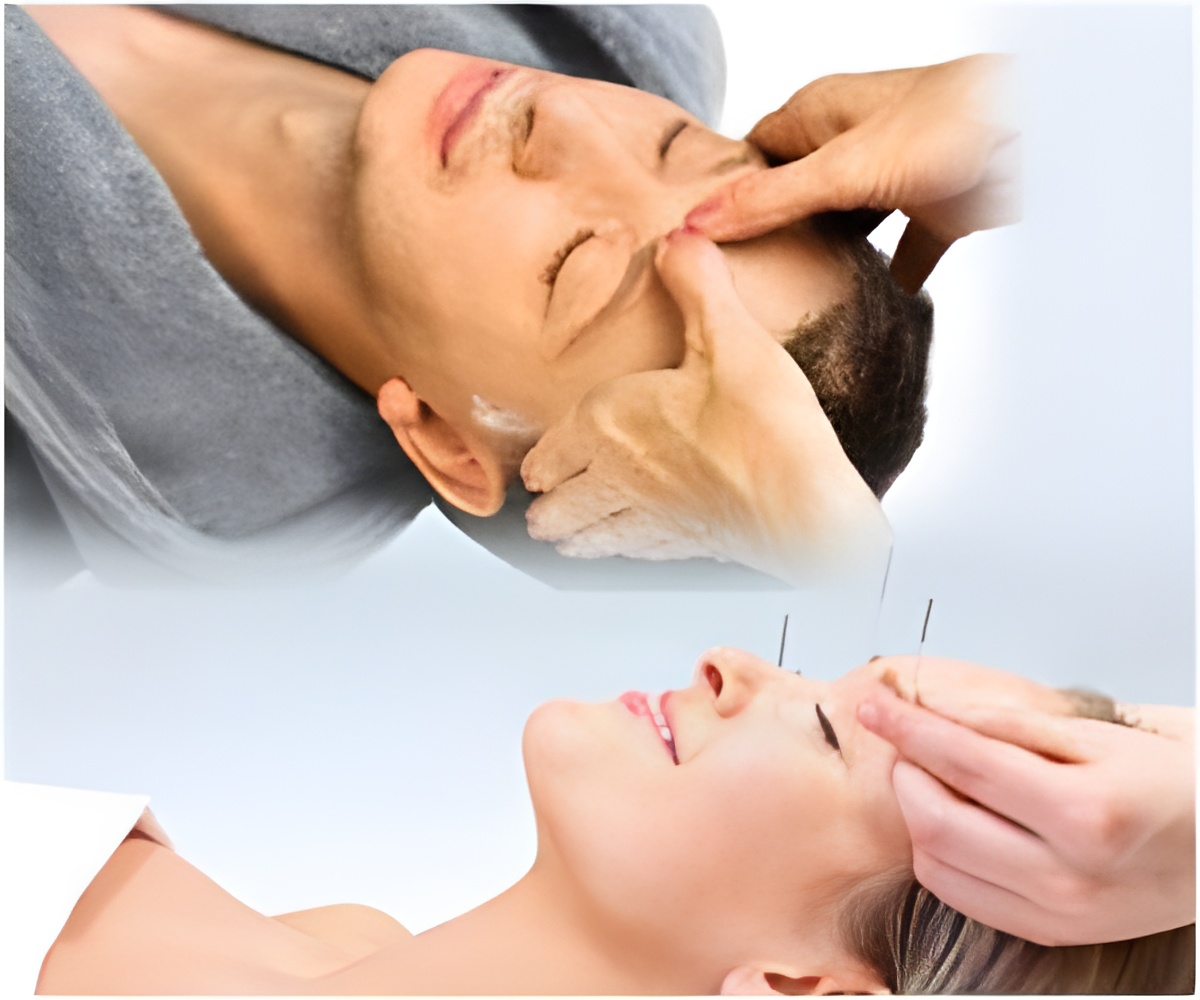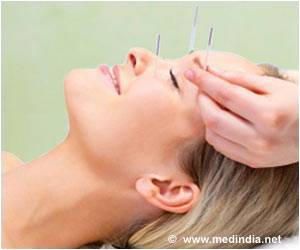Acupuncture was found to significantly reduce levels of a protein in rats linked to chronic stress, according to researchers at Georgetown University Medical Center (GUMC).

"It has long been thought that acupuncture can reduce stress, but this is the first study to show molecular proof of this benefit," says the study's lead author, Ladan Eshevari, Ph.D., an assistant professor at Georgetown's School of Nursing & Health Studies, a part of GUMC. Eshkevari, who is also a nurse anesthetist as well as a certified acupuncturist, says she conducted the study because many of the patients she treats with acupuncture in the pain clinic reported a "better overall sense of wellbeing — and they often remarked that they felt less stress."While traditional Chinese acupuncture has been thought to relieve stress —in fact, the World Health Organization states that acupuncture is useful as adjunct therapy in more than 50 disorders, including chronic stress — Eshevari says that no one has biological proof that it does so. So she designed a study to test the effect of acupuncture on blood levels of neuropeptide Y (NPY), a peptide that is secreted by the sympathetic nervous system in humans.
This system is involved in the "flight or fight" response to acute stress, resulting in constriction of blood flow to all parts of the body except to the heart, lungs, and brain (the organs most needed to react to danger). Chronic stress, however, can cause elevated blood pressure and cardiac disease.Eshevari used rats in this study because these animals are often used to research the biological determinants of stress. They mount a stress response when exposed to winter-like cold temperatures for an hour a day.
Eshevari allowed the rats to become familiar with her, and encouraged them to rest by crawling into a small sock that exposed their legs. She very gently conditioned them to become comfortable with the kind of stimulation used in electroacupuncture — an acupuncture needle that delivers a painless small electrical charge. This form of acupuncture is a little more intense than manual acupuncture and is often used for pain management, she says, adding "I used electroacupuncture because I could make sure that every rat was getting the same treatment dose." She then selected a single acupuncture spot to test: Zuslanli (ST 35 on the stomach meridian), which is said to help relieve a variety of conditions including stress.
As with the rats, that acupuncture point for humans is on the leg below the knee. The study utilized four groups of rats for a 14-day experiment: a control group that was not stressed and received no acupuncture; a group that was stressed for an hour a day and did not receive acupuncture; a group that was stressed and received "sham" acupuncture near the tail; and the experimental group that were stressed and received acupuncture to the Zuslanli spot on the leg. She found NPY levels in the experimental group came down almost to the level of the control group, while the rats that were stressed and not treated with Zuslanli acupuncture had high levels of the protein.In a second experiment, Eshevari stopped acupuncture in the experimental group but continued to stress the rats for an additional four days, and found NPY levels remained low. "We were surprised to find what looks to be a protective effect against stress," she says.
Eshevari is continuing to study the effect of acupuncture with her rat models by testing another critical stress pathway. Preliminary results look promising, she says.
Advertisement















